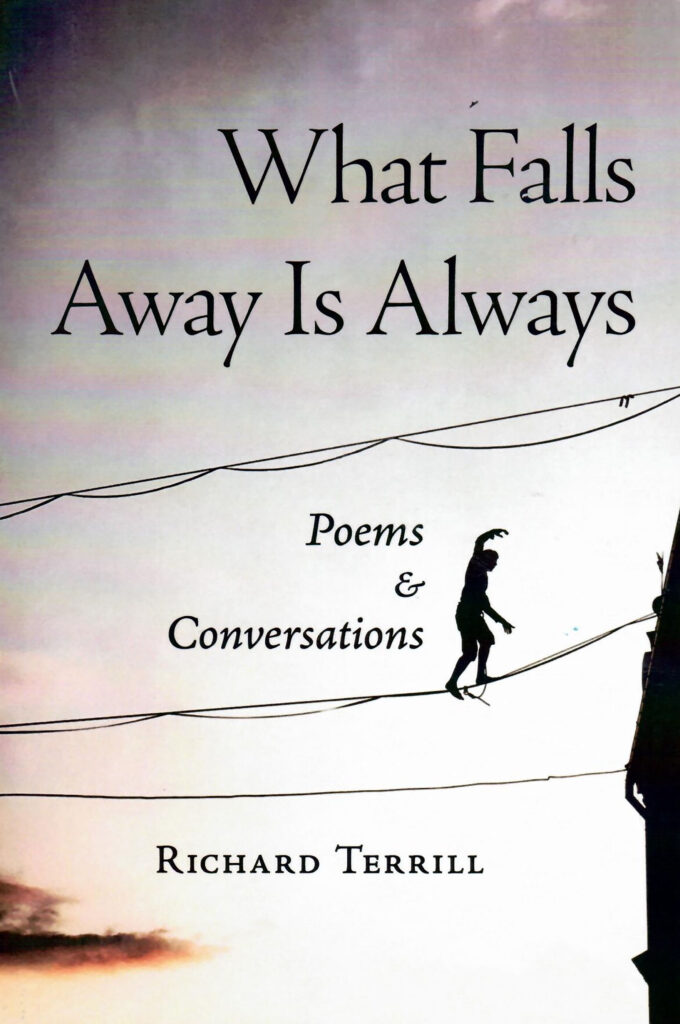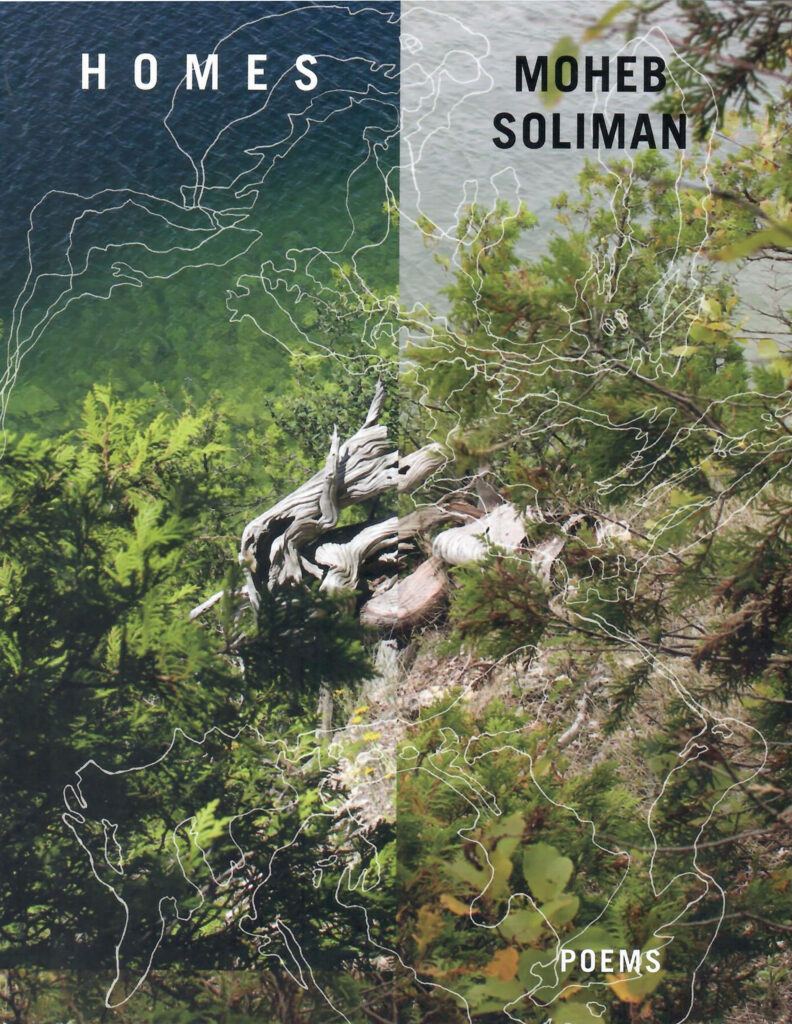Reviewed by Richard Robbins
What Falls Away is Always: Poems & Conversations by Richard Terrill

Holy Cow Press, 2020 | Paperback:$16.00
Richard Terrill’s new book of poems assembles an impressive group of witnesses from the world of art, film, music, and poetry in order to create a running meditation on the sources for art and ultimately on what sustains a thinking and feeling life. Some of his poems step into the atmosphere of another artist—a painting by Hopper, a quote by Whitman or Issa, a film director’s stage directions—in order to illuminate the uncelebrated moments that nonetheless point to powerful sensibility. Other pieces are in active and extended conversation with a suite of works—I’m thinking of the pieces treating Chet Baker’s work and Diana Arbus’ photography. What will connect the grand variety of poems is the unrelenting return to the ordinary, the “nothing” where we live most of our lives—which is quite enough, thank you, the poet is saying over and over.
I want only four things and three of them are seasons
the last is light and darkness
it sounds extravagant at first
Worldly Things by Michael Kleber-Diggs

Milkweed Editions, 2021 | Hardcover: $22.00
These poems are about love, finally. Where does it come from and how does it get passed along? The speaker proceeds over and over as if love’s source is not a voice in the cloud or a sacred text, but rather the living energy, radically and fully engaged with, at the level of the small moments in one’s life. And so he situates himself to make a difference: in a car shouting helpful admonishments to strangers, for instance, in a class full of adolescents pushing him away behind their earbuds and indifference. It would seem like a losing strategy until the richness and number of his engagements becomes clear. He is middle-class villager, teacher, son, husband, father, Black American citizen—trying and often failing at the demands of love, but nonetheless returning to the eternity of the small moment, to the call to be a good man.
I want to be part of a colony where I feel easy
walking around. Cool as the goddamn breeze. Where
I can breathe, build structures sturdier and grander
than this—but the woman crosses to the other side
of the street, and I do what I usually do: retreat into
myself as far as I can, then send out whatever’s left.
Homes: Poems by Moheb Soliman

Coffee House Press, 2021 | Paperback: $17.95
These poems, each a kind of fractured vision, travel the endless, recurring Great Lakes border between lakewater and some made space on land. They go west, south, east, north, and then they travel that circuit again—Duluth to American Falls, Green Bay to Manatoulin Island—creating the obsessive circle dance of the book, where the forces of industry and human effort and passion and history push up against a silence, a wild, an insistence that is neither baptism nor absolution. That the speaker clings so fiercely to the shore in every poem—rarely straying inland or out onto the water for the poem’s materials—suggests that the homes we live in are made of this in-betweenness. They are neither a problem nor its solution.
the wildest
blue yonder’s no sky sea whatever, water but just the frontier, the edge of,
where worlds knock like bumpers with the weary driver waking to backseat
squeals about a tall turkey or portly porcupine seen marching out of the trees
how bad could it be?, coming out of the collapsing green, to just
patronize the lakeside fish & sundae shack with some backwoods
currency but up good to prove it’s real